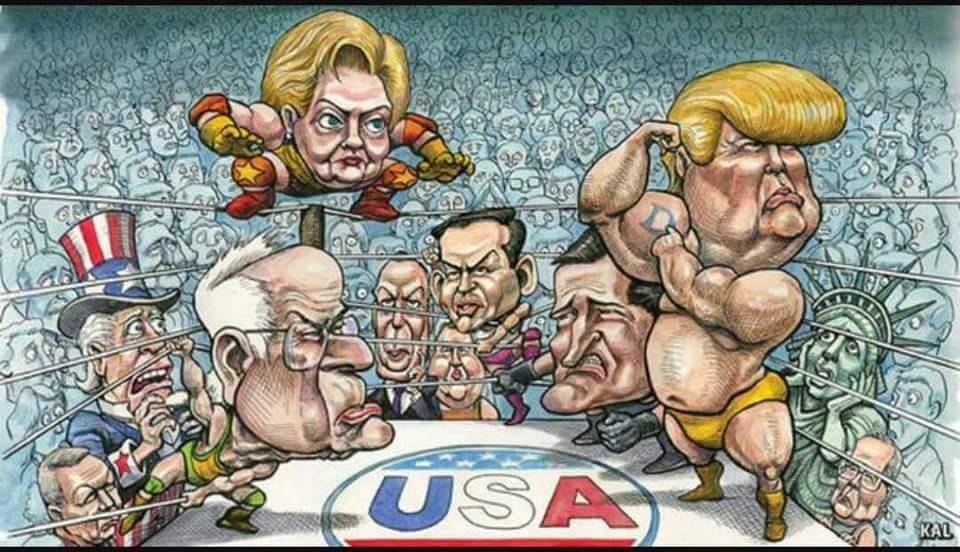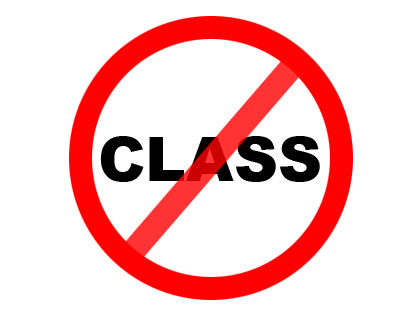How did we go from Build a wall and make Mexico pay for it to Bill a wall to US taxpayers?
Is it possible that the American taxpayer will lose health care and be billed for a border wall instead?
Mexico was supposed to pay for Trump's wall. Now that they won't, will Congress cut health care and Medicaid to fund the wall? Is this stinking wall more important than the health, welfare, and education of every US citizen?
Don't give any more tax money to rich people and corporations. Funds should no longer go towards military spending.


